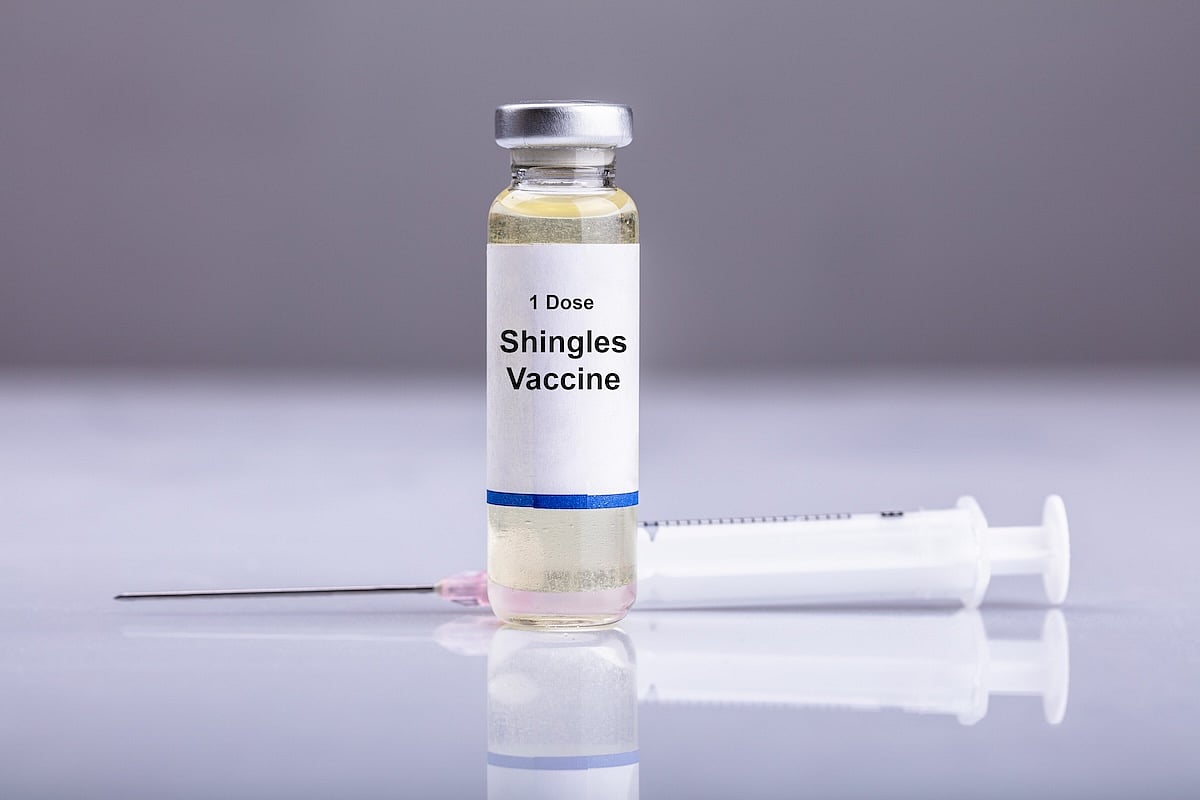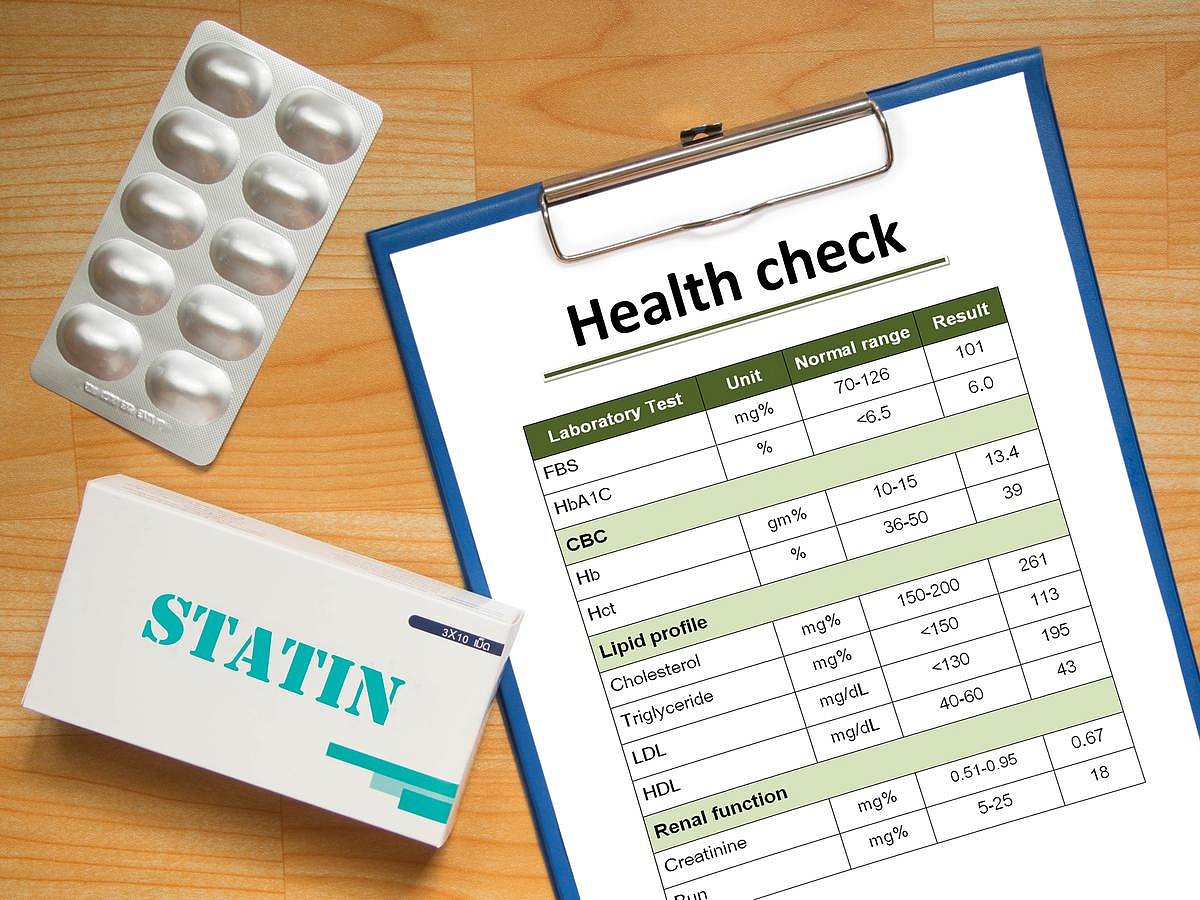
The shingles vaccine can do more than protect seniors from painful, blistering rashes. It also appears to protect older folks from dementia, researchers say. Seniors who got the shingles vaccine when it became available in the U.K. were 20% less likely to develop dementia than those who did not take the jab, according to research… read on > read on >


















